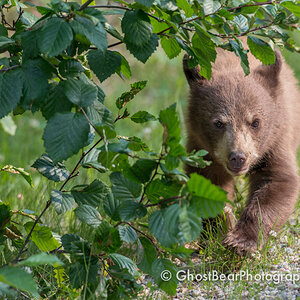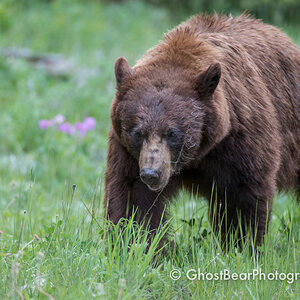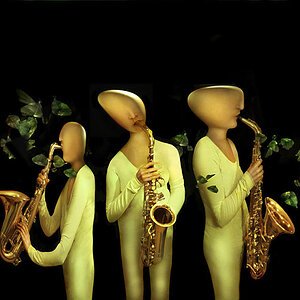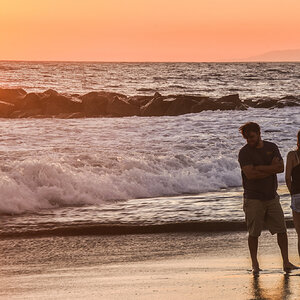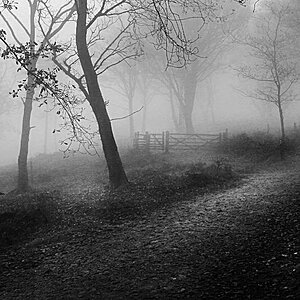SCraig
Been spending a lot of time on here!
- Joined
- Nov 12, 2011
- Messages
- 6,474
- Reaction score
- 2,450
- Location
- Nashville, TN
- Website
- sc-photo-tn.com
- Can others edit my Photos
- Photos NOT OK to edit
Nashville was one of the prime spots for viewing the eclipse today, and it was truly an event. I didn't have a filter large enough for my 150-500 so I had to wait until "Totality" and even then I had to squint my eyes, get the sun in the viewfinder (camera was on a tripod) and trigger off a few shots. Here are a few of the best:
13:27:42 — Almost there. The bright spots at the bottom are all that’s left of the sun except for the corona around the edges.
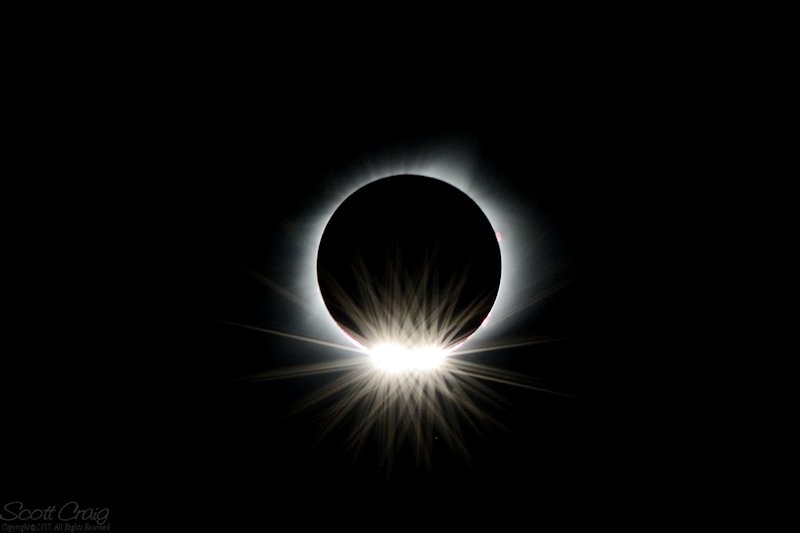
13:28:00 — Closer still. Look along the right edge and take note of the red fire that is visible. Those are solar flares that typically extend thousands of miles out into space.
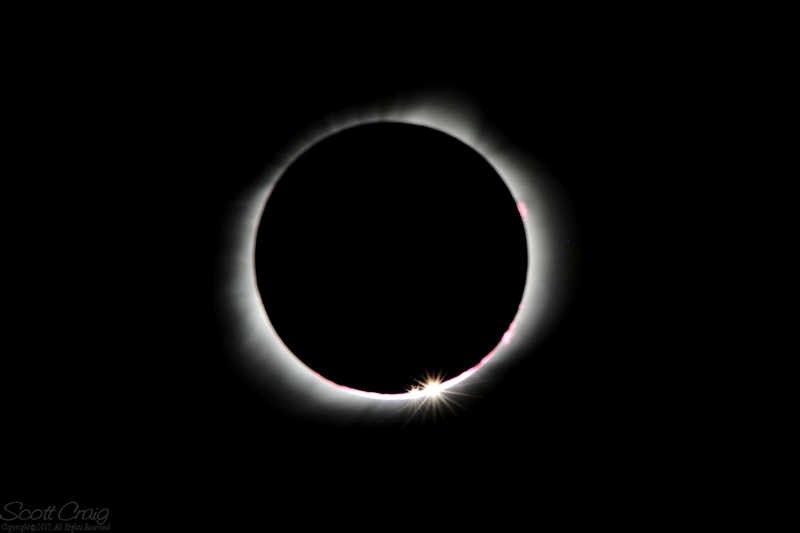
13:28:40 — As close as we got to “Totality”. The solar flares along the edge of the sun are clearly visible in this shot.
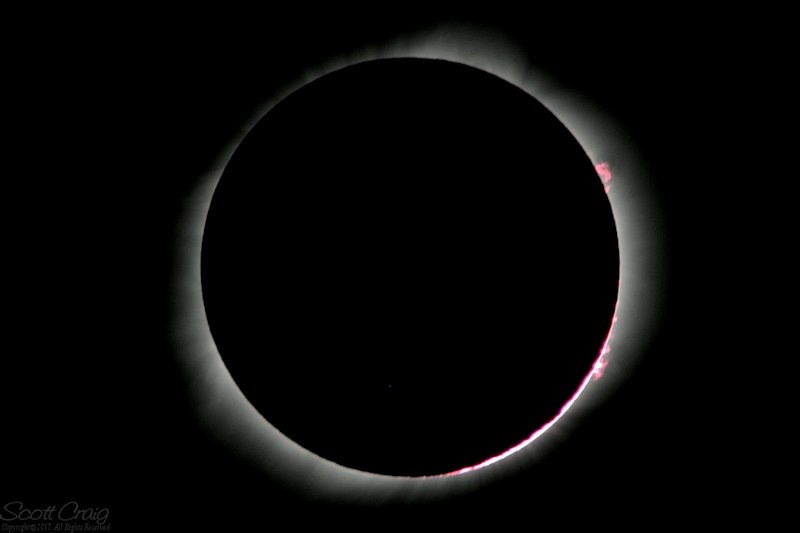
13:29:00 — Starting to come out of it now. The bright spot is the sun starting to work its way out of the eclipse.

13:29:17 — And this was as far as I was going. Even this little bit of sun hurt my uncovered my eyes and I wasn’t going to push my luck.
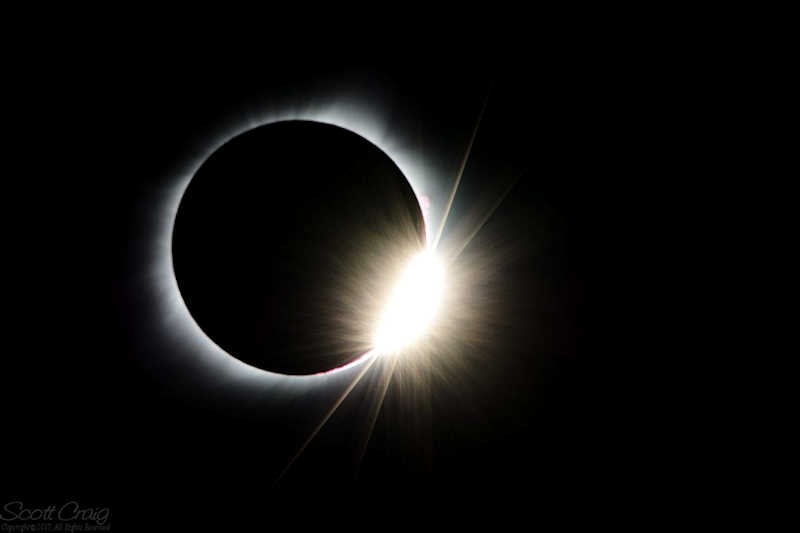
13:27:42 — Almost there. The bright spots at the bottom are all that’s left of the sun except for the corona around the edges.

13:28:00 — Closer still. Look along the right edge and take note of the red fire that is visible. Those are solar flares that typically extend thousands of miles out into space.

13:28:40 — As close as we got to “Totality”. The solar flares along the edge of the sun are clearly visible in this shot.

13:29:00 — Starting to come out of it now. The bright spot is the sun starting to work its way out of the eclipse.

13:29:17 — And this was as far as I was going. Even this little bit of sun hurt my uncovered my eyes and I wasn’t going to push my luck.

Last edited:


